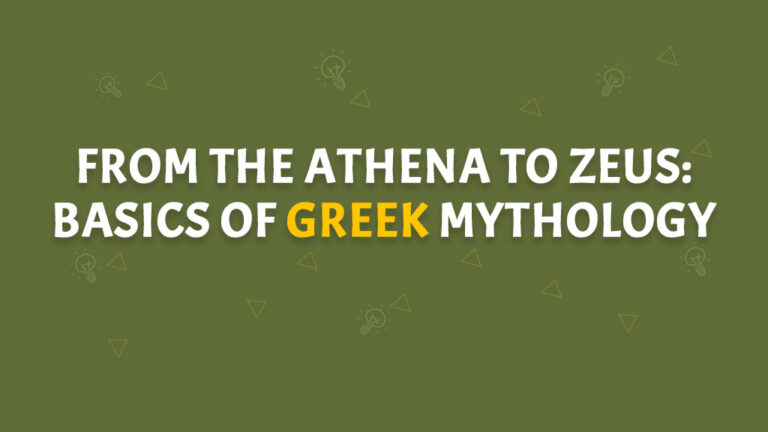❤️It's Trivia, but Sweeter❤️
Can You Spot the Right Answers in this Explorers Quiz?

Exploration has always been a driving force in human history, pushing individuals and groups to discover new lands, expand their knowledge, and break boundaries. The world’s explorers have been central figures in shaping modern civilization, from charting the oceans to traversing uncharted lands. Their stories are filled with remarkable feats of courage, ambition, and perseverance. The impact of these explorers resonates to this day, influencing politics, science, trade, and culture across the globe.
The Age of Exploration, which spanned from the 15th to the 17th century, marked a significant period in global history. During this time, several key explorers set out on voyages that changed the world. They navigated the seas, mapped out new territories, and made contact with civilizations that had never before interacted. Perhaps the most famous of these explorers is Christopher Columbus, whose journey in 1492 led to the European discovery of the Americas. While Columbus is often credited with discovering the “New World,” it is important to note that many cultures, such as the indigenous peoples of the Americas, had already established complex societies long before his arrival. Columbus’s voyages, however, opened up a new chapter in the history of Western exploration and colonization.
In addition to Columbus, many other explorers played a pivotal role in shaping the world as we know it. Vasco da Gama, for example, was the first European to reach India by sea, linking Europe to Asia through a maritime route. This discovery was crucial for the development of global trade and marked the beginning of the European colonial presence in Asia. Similarly, Ferdinand Magellan’s expedition, although he did not live to complete it, was the first to circumnavigate the globe. His journey demonstrated the vastness of the Earth and laid the groundwork for future maritime exploration. Magellan’s voyage also helped to solidify the idea that the world was round, a notion that had been debated for centuries.
Another prominent explorer, Marco Polo, traveled extensively throughout Asia in the late 13th century. His detailed accounts of his travels to China, written in his book “The Travels of Marco Polo,” introduced Europeans to the vast cultures, traditions, and technologies of the East. Polo’s writings were instrumental in shaping Western perceptions of Asia and sparked a fascination with Eastern lands that would fuel further exploration and trade.
While many of the most well-known explorers were driven by the quest for wealth, trade routes, or land, others were motivated by scientific curiosity and a desire to map unknown territories. One of the most famous explorers in this regard was James Cook, who is renowned for his detailed mapping of the Pacific Ocean, including the discovery of the Hawaiian Islands. Cook’s expeditions helped to expand knowledge of the geography of the Pacific, and his voyages also contributed to the development of navigation techniques that are still in use today. Cook’s travels provided valuable insights into the cultures and societies of the people he encountered, though his encounters were not always peaceful.
In the realm of polar exploration, figures like Roald Amundsen and Robert Falcon Scott stand out. Amundsen is best known for being the first person to reach the South Pole, a feat he achieved in 1911. His meticulous planning and understanding of the harsh Antarctic environment played a key role in his success. Amundsen’s success, however, was marred by the tragic failure of Scott’s expedition, which reached the South Pole a month later but perished on the return journey due to harsh conditions. Both expeditions contributed significantly to the exploration of the polar regions and deepened our understanding of these extreme environments.
The exploration of Africa also holds a crucial place in the history of exploration, with explorers like David Livingstone playing a major role. Livingstone’s journeys through Africa, particularly his explorations of the Zambezi River and his search for the source of the Nile, helped to open up the interior of the continent to European interests. His work was groundbreaking in terms of mapping and understanding Africa’s geography, but it also had a lasting impact on the way Europeans viewed Africa and its peoples. Livingstone’s efforts in spreading Christianity and fighting the slave trade shaped the legacy of European exploration on the continent.
Explorers didn’t only venture into unknown lands—they also helped to drive scientific advancements. Many explorers, such as the early Arctic and Antarctic adventurers, contributed to the fields of astronomy, meteorology, and biology. Through their journeys, they collected valuable data on the earth’s climate, flora, and fauna. The wealth of knowledge they gathered not only expanded human understanding of the world but also helped lay the foundation for future scientific discoveries.
The contributions of explorers are not limited to geographical discoveries or scientific advancements. Many explorers also played key roles in the cultural exchange between civilizations. The interactions between European explorers and indigenous peoples, though often fraught with conflict, also led to the exchange of ideas, technologies, and cultural practices. While the legacy of colonization is fraught with negative consequences, including the exploitation and displacement of native peoples, it is also important to recognize the cultural exchanges that occurred as a result of exploration. The blending of cultures and the introduction of new technologies and ideas helped shape the modern world.
The stories of explorers are often filled with hardship and struggle, yet they also showcase the resilience and determination of individuals who pushed the boundaries of what was known. Many explorers faced extreme dangers, from hostile environments and unpredictable weather to conflict with indigenous populations. Despite the risks, these individuals were driven by the desire to discover the unknown and to contribute to humanity’s collective knowledge.
As the world continues to change, the spirit of exploration remains alive. Today, explorers continue to push the limits of human knowledge, whether it’s in outer space, the deep ocean, or even in the exploration of the human genome. The legacy of historical explorers serves as an inspiration for modern-day adventurers who seek to explore new frontiers and make groundbreaking discoveries. The tools and technologies available to explorers today are far more advanced than those available to the great explorers of the past, yet the drive for discovery remains the same.
In conclusion, the history of exploration is a rich and fascinating tale of courage, curiosity, and innovation. From the voyages of Columbus and Magellan to the expeditions of Amundsen and Cook, explorers have shaped the world in countless ways. Their journeys have expanded our understanding of the world’s geography, cultures, and ecosystems, and their discoveries continue to impact modern society. The legacy of exploration is woven into the fabric of human history, serving as a testament to the unyielding human desire to explore the unknown and to push the boundaries of what is possible. Whether through physical journeys or intellectual pursuits, exploration continues to be a driving force in shaping the world for future generations.



